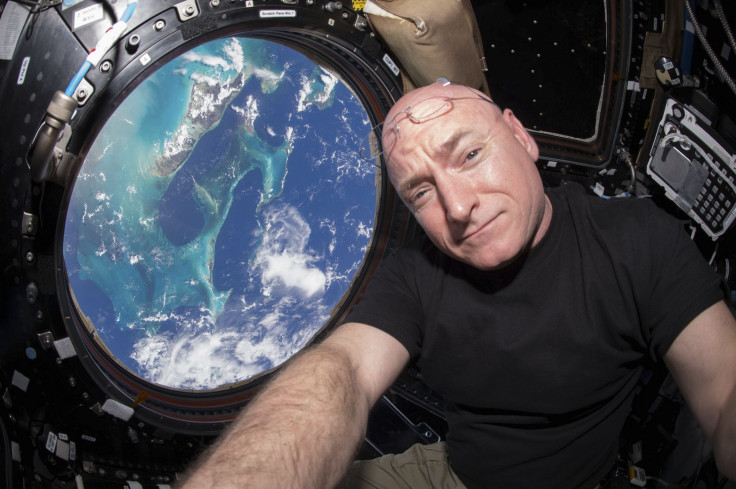American astronaut Scott Kelly, who played water ping pong and grew 2 inches taller in space, retires [Video]

American astronaut Scott Kelly will be signing off from NASA after an almost one year stint in space, having landed on Earth last week with his Russian cosmonaut companion Mikhail Kornienko after spending 340 days on the International Space Station.
Kelly will be leaving the agency on April 1, holding the record of spending the most cumulative days in space by any American. Having joined NASA in 1996, Kelly's US space mission is believed to have paved the way for human travel on Mars. Post retirement, the 52-year-old is expected to continue working on ongoing research related to his space mission.
Kelly's first space mission in 1999 was with the space shuttle Discovery's trip to NASA's Hubble Space Telescope. It was a servicing mission and Kelly has since made three other missions to space. In another mission before the year-long mission, Kelly had spent 159 days on the station.
The former navy pilot's 340-day mission broke the record set by former astronaut Michael Lopez-Alegria, and follows from a previous 215 day stint on the space station in 2007. According to Kelly, the toughest part of space missions was being away from his friends and family.
“This year-in-space mission was a profound challenge for all involved, and it gave me a unique perspective and a lot of time to reflect on what my next step should be on our continued journey to help further our capabilities in space and on Earth,” Scott said about his mission.
Kelly has shared numerous dramatic images of his stay in space. One of the videos he shared shows him playing ping pong with water. One can watch the photo on his official Twitter account. Kelly has also consented to allow his body to be studied to understand the effects of long-term space flights, writes 9 News. During his year in space, he underwent many changes and even grew two inches taller.
Kelly’s identical twin brother and former NASA astronaut, Mark Kelly, is also working on related studies to assess genetic changes caused by the weightless environment in space and high radiation.
Watch Scott Kelly Play Liquid Ping Pong in Space - RED 4K here.
Source: YouTube/NASA Johnson





















